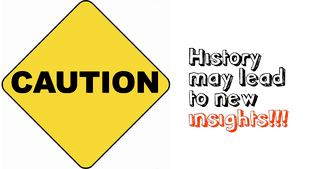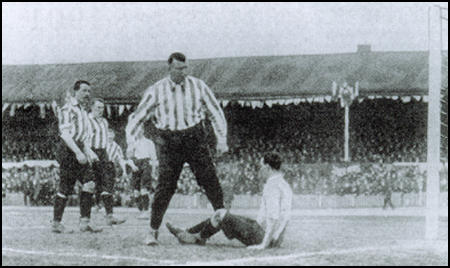
|

|
| This Web Site is dedicated to the Memories & Spirit of the Game as only Ken Aston could teach it... |
| Enjoy, your journey here on... KenAston.org |
| Ken Aston Referee Society ~ Football Encyclopedia Bible |
|
John Cameron Administrators and Managers 
|
||
| Source - References | ||
|
||

|
||
|
Under the leadership of Cameron the club finished as a runners-up in the
Southern League in 1902 and 1904. During his career with the club,
Cameron scored 139 goals in 293 appearances. Cameron also wrote about football for several newspapers. In March 1907 Cameron resigned as manager of Spurs and took up a coaching post in Germany. When the First World War broke out Cameron was interned at Ruhleben Detention Camp. Fellow detainees included Fred Pentland, Fred Spiksley, Steve Bloomer and Sam Wolstenholme. After the Armistice Cameron returned to Scotland and in 1919 became manager of Ayr United. However, after only a year he resigned the position to become a full-time professional journalist. John Cameron died in Glasgow on 20th April 1935. |
||
| Source - References | ||
|
(1) John Cameron,interviewed in Football Chat (December 1899) In my opinion, the FA have not acted with their usual discretion over the wages question. Surely the matter of wages is for club legislation alone? Every club knows, or ought to know, what it can afford to pay and if they go above their means I should certainly call it bad management and the club who does that deserves to be stranded. I noticed with a little amusement that it was those clubs that had paid more than they could afford that fought hard to carry the new measures through. Now look here, how would any man in business like to have his wages reduced by 25% if his employers could well afford better terms? (2) John Cameron,interviewed in Football Chat (November 1900) Time has made the system almost indispensable to the League clubs. Their finances are wrapped around it for their players are looked upon practically as assets; and when a club is paid a large sum of money for a player you cannot blame them for so doing. They say the system working from the club point of view is a good one, for it gives the clubs a great hold upon the players and perhaps saves a wholesale shifting of players every year which would not be good for the game.... I admit there is some truth in that, but the price is much too heavy on the players. In the Southern League there is no transfer system and yet Southampton, Portsmouth and my own club Tottenham Hotspur and others retain their players year after year; so why not the League? |
| +-+ BACK TO TOP +-+ | |